Top 12 Ways to Use White Vinegar That Will Make Your Home Sparkle

Vinegar is one of the best organic, non-toxic cleaners you can use safely in your home. Since it doesn't contain harmful cleaning chemicals, white vinegar for cleaning can make almost everything in your home pristine without causing damage.
You Can Clean With Vinegar
Here are some of the top household items you can clean using this all-natural cleaning solution:
1. Plastic Cutting Boards
Your plastic cutting board is a large petri dish. Even if you scour it clean with hot water, it may still have leftover bacteria from raw meat and blood. A 1:1 mixture of vinegar and water can eliminate most of that. Spray the mixture on the board after you clean it with dish soap.

2. The Kitchen Sink
Make your kitchen sink sparkle and look good as new by wiping it down with a vinegar cleaning solution. It will also do a great job of disinfecting it and is safer than bleach. Use soapy water to rinse the sink once you are done wiping it down with the cleaner.
3. Floors
Rather than using expensive and toxic floor cleaners, use white vinegar for cleaning and mopping floors. The mixture will be diluted, so you don't have to worry about the acid ruining your tiles. It will also lift stubborn grease and dirt easily.
4. A Crusty Stovetop
Vinegar is highly acidic, so it cuts through grease like butter. Spray some over a crusty stovetop, allow it to sit for 10 to 20 minutes, and scrub the spot with soapy water. The stubborn stain should wipe off easily without leaving a mark.
5. Clogged Pipes
A backed-up drain can flood your kitchen and do some serious water damage. Even if the drain drains slowly, it can be quite frustrating. Remove greasy clogs and trash using a mixture of vinegar and water. It cuts through soapy scum and grease that coats pipes easily and can also remove unpleasant odors from the garbage disposal.
First, pour three cups of scalding water down the drain to loosen the sludge. Then, pour a cup of baking soda and a cup of cleaning vinegar after it. Cover the drain with a stopper when you notice bubbles and fizzing, so the cleaning solution remains in the pipes. Pour hot water down the drain once it stops fizzing.
6. A Microwave
Most of us forget to clean our microwaves, so they get dirty and stinky quickly. Cleaning it with vinegar is easy. Add equal parts water and vinegar in a bowl, place it in the microwave, and set it for five minutes. The steam will loosen stuck food and stains from the walls so you can easily wipe them clean.
7. Pots and Pans
Pots and pans can get stained with time and use. If you use yours heavily daily, chances are they also have several burn marks. That is nothing that a vinegar and water cleaning solution cannot fix.
Allow it to boil in the pan and let it be for five minutes. Once it cools, tip out the contents and use a suitable sponge to remove the marks. If that doesn’t do the trick, repeat the steps. The stains will soften eventually. You can also use vinegar to clean cast iron without damaging it. Soak it in the cleaning solution to remove rust.
8. Shower Curtains
Shower curtains can get mouldy with time, especially in a bathroom with no ventilation. Prevent that from happening by pre-treating with white vinegar. Add 1/4 cup of the cleaning solution in the washing machine and run a cold or warm cycle. Hotter than that, and your curtains may melt. Spray down the curtains weekly with water and vinegar after the wash, including the liner, to prevent mildew growth.
9. Towels
If you want to make your old towels fluffy and pristine again, wash them with vinegar. Add ½ a cup in the washing machine with the towels but don't add detergent. Set to the highest temperature to ensure the vinegar draws out all of the scum and gunk in the fibres. It will also restore the colour, remove door, and soften your towels.
10. Sheet Pans
Whether you are a professional baker or love to bake as a hobby, your sheet pans are probably crusty. You can remove those stubborn marks using vinegar. Plug the sink drain and add ½ a cup of white vinegar with hot water and ½ a cup of baking soda.
Don't worry when you see it bubbling; that's just a chemical reaction. Submerge the sheet pans completely in the sink and leave them for half an hour. Use a scouring pad or steel wool to remove the stains easily.
11. Carpet Stains
With time, carpet stains can penetrate fibres and become a permanent part of your rugs. Prevent that from happening by cleaning them with a vinegar solution.
Mix a tablespoon of dish detergent with equal parts white vinegar in two cups of warm water. Apply the mixture to the stain using a blotting motion till it lifts clean. Do not rub! You may leave smears which will only increase your workload.

12. Tupperware
Plastic containers or Tupperware can get stained and discoloured with time. You don't throw them out. Fix them using vinegar. Soak all your containers in white vinegar for a few minutes or an hour, depending on the stains, and wash them as you normally would. The acid will break down the stains, which you can wipe off easily.
Final Words
Vinegar is a cleaning solution that should be in every household. Safer and easier to use than toxic cleaning agents, this condiment can also help you save money. Use it to make your home sparkle from the inside out. Make sure to wear rubber gloves while using the tips in this guide!
Use White Vinegar in Laundry: Natural Fabric Softener and Stain Remover
White vinegar is a versatile and eco-friendly addition to your laundry routine. Add 1/2 cup of white vinegar to the fabric softener compartment of your washing machine to naturally soften clothes and reduce static cling. It's particularly effective for towels and bedding, helping to restore their absorbency. For stubborn stains, pre-treat by applying undiluted white vinegar directly to the affected area before washing. White vinegar also helps to eliminate odours and can brighten whites when used in place of bleach.

Use White Vinegar to Clean Washing Machine: Freshen and Descale
Maintain your washing machine's efficiency by cleaning it regularly with white vinegar. Run an empty hot water cycle with 2 cups of white vinegar in the drum to remove soap scum, mineral deposits, and mildew. For front-loading machines, wipe down the rubber seal with a mixture of equal parts water and white vinegar to prevent mould growth. This natural cleaning method not only descales your machine but also helps eliminate any lingering odours, ensuring your laundry always comes out fresh and clean.
Use White Vinegar in Washing Machine: Boost Cleaning Power Naturally
Incorporating white vinegar into your washing routine can enhance your machine's cleaning performance. Add 1 cup of white vinegar to the rinse cycle to help remove soap residue from clothes, leaving them softer and fresher. For heavily soiled loads, add 1/2 cup of white vinegar directly to the drum along with your regular detergent to boost cleaning power. White vinegar also helps to maintain the pH balance of your wash, which can be particularly beneficial for those with sensitive skin.

Use White Vinegar to Clean Coffee Maker: Descale and Deodorise
Keep your coffee maker in top condition by cleaning it regularly with white vinegar. Fill the water reservoir with equal parts white vinegar and water, then run a brew cycle. Follow this with two cycles of clean water to rinse thoroughly. This process removes mineral buildup and eliminates any stale coffee oils, ensuring your next brew tastes fresh and flavourful. For drip trays and carafes, soak them in a solution of warm water and white vinegar to remove stubborn stains and odours.
Use White Vinegar to Clean: Versatile Natural Cleaning Solution
White vinegar is a powerful, all-natural cleaning agent suitable for various household tasks. Its acidity makes it effective at cutting through grease, removing soap scum, and dissolving mineral deposits. Create a general cleaning solution by mixing equal parts water and white vinegar in a spray bottle. Use this to clean kitchen surfaces, bathroom fixtures, and windows. For tougher jobs, use undiluted vinegar. The natural antibacterial properties of white vinegar make it an excellent choice for those seeking eco-friendly cleaning alternatives.
Use White Vinegar to Clean Dishwasher: Remove Buildup and Odours
Maintain your dishwasher's efficiency with regular cleaning using white vinegar. Place a cup of white vinegar in the top rack of an empty dishwasher and run a hot water cycle. This helps to remove soap scum, grease, and mineral deposits from the interior and pipes. For stubborn odours, sprinkle baking soda on the bottom of the dishwasher before adding the vinegar cup. This combination will leave your dishwasher fresh, clean, and running at peak performance.
Use White Vinegar Instead of Rice Vinegar: Culinary Substitution
While not an exact match, white vinegar can be used as a substitute for rice vinegar in many recipes. Use 3/4 tablespoon of white vinegar mixed with 1/4 tablespoon of water to replace 1 tablespoon of rice vinegar. Add a pinch of sugar to mimic the slight sweetness of rice vinegar. This substitution works well in dressings, marinades, and pickling recipes. Remember that white vinegar has a sharper taste, so adjust the quantity to suit your palate.

Use White Vinegar to Clean Toilet: Natural Disinfectant and Descaler
White vinegar is an effective and eco-friendly solution for cleaning toilets. Pour 1 cup of white vinegar into the bowl and let it sit for several hours or overnight. The acidity will help break down mineral deposits and kill bacteria. Scrub the bowl with a toilet brush, paying extra attention to the rim and under the seat. For stubborn stains, make a paste with baking soda and white vinegar to create a powerful yet natural scouring agent. Regular use of white vinegar will keep your toilet clean, fresh, and free from limescale buildup.
Use White Vinegar to Remove Rust: Gentle Yet Effective Solution
White vinegar's acidity makes it an excellent natural rust remover. Soak small rusted items in undiluted white vinegar for several hours or overnight. For larger surfaces, apply vinegar directly to the rusted area and let it sit before scrubbing with a wire brush or steel wool. The vinegar will help to dissolve the rust, making it easier to remove. After treatment, rinse the item thoroughly and dry completely to prevent further rusting. This method is particularly effective for tools, outdoor furniture, and metal fixtures.
Use White Vinegar in Dishwasher: Natural Rinse Aid and Cleaner
Incorporate white vinegar into your dishwashing routine for sparkling clean dishes. Add 1/4 cup of white vinegar to the rinse aid compartment of your dishwasher. This natural alternative helps to prevent water spots and film on glassware and cutlery. For a deep clean, run an empty cycle with a cup of white vinegar in the top rack to remove soap scum and mineral deposits from the machine's interior. Regular use of white vinegar can improve your dishwasher's performance and extend its lifespan.

Use White Vinegar to Clean Windows: Streak-Free Shine
Achieve crystal-clear windows using white vinegar as a natural cleaning solution. Mix equal parts white vinegar and water in a spray bottle for an effective window cleaner. Spray the solution on the glass and wipe with a microfibre cloth or newspaper for a streak-free finish. This method is particularly effective for removing stubborn water spots and mineral deposits. For outdoor windows, add a few drops of liquid dish soap to the mixture to help cut through dirt and grime. White vinegar leaves windows sparkling clean without the harsh chemicals found in many commercial cleaners.
Use White Vinegar to Clean Kettle: Descale and Deodorise
Keep your kettle free from limescale buildup by cleaning it regularly with white vinegar. Fill the kettle with equal parts water and white vinegar, then bring to a boil. Let the mixture sit for an hour before rinsing thoroughly. For stubborn deposits, boil the solution again and let it sit overnight. This process effectively removes mineral buildup and eliminates any unpleasant odours, ensuring your tea and coffee taste their best. Regular cleaning with white vinegar can also help extend the life of your kettle by preventing scale-related damage.

Use White Vinegar to Clean Floors: Natural Shine for Various Surfaces
White vinegar is an excellent, all-natural solution for cleaning various types of flooring. For tile, linoleum, and sealed wood floors, mix 1/2 cup of white vinegar with 1 gallon of warm water. This solution effectively removes dirt and grime without leaving a residue. For stone floors, use a more diluted mixture to avoid etching. The acidity of vinegar helps to cut through grease and soap scum, leaving floors clean and shiny. Always test the solution on an inconspicuous area first and avoid using vinegar on waxed surfaces.
Use White Vinegar to Clean Mold: Natural Antifungal Solution
White vinegar's antifungal properties make it an effective solution for cleaning mold. Spray undiluted white vinegar directly onto moldy surfaces and let it sit for an hour. Then, wipe the area clean with a damp cloth and dry thoroughly. This method is particularly effective for porous surfaces like wood and drywall. For tougher mold problems, create a paste with baking soda and white vinegar for added scrubbing power. Regular use of white vinegar in damp-prone areas can help prevent mold growth and keep your home fresh and healthy.
Using White Vinegar to Clean Shower Head: Restore Water Flow
Revitalise your shower head using white vinegar to remove mineral deposits and improve water flow. Fill a plastic bag with white vinegar and secure it over the shower head with a rubber band, ensuring the nozzles are submerged. Leave it overnight, then remove and scrub gently with an old toothbrush. This method effectively dissolves limescale and mineral buildup, unclogging nozzles and restoring full water pressure. For removable shower heads, soak them in a bowl of white vinegar for the same effect. Regular cleaning with white vinegar can significantly extend the life of your shower head and improve your showering experience.
People Also Asked
Can I use white vinegar to clean my house?
Yes, white vinegar is an excellent, eco-friendly cleaning solution for various household surfaces. Its acidic nature makes it effective against dirt, grime, and bacteria.
What can you use white vinegar for cleaning?
White vinegar can clean kitchen counters, bathroom fixtures, windows, floors, and appliances. It's versatile for removing stains, deodorizing, and descaling.
When should you not use white vinegar?
Avoid using white vinegar on natural stone surfaces, waxed floors, hardwood floors, and cast iron. It can damage these materials due to its acidity.
Is white vinegar safe for humans?
White vinegar is generally safe for humans when used for cleaning. However, avoid inhaling its fumes directly and always ensure proper ventilation when using it.
What is vinegar not good for cleaning?
Vinegar is not suitable for cleaning marble, granite, stone tile floors, hardwood floors, and waxed surfaces. It can etch or strip protective coatings.
Do you need to rinse after cleaning with vinegar?
In most cases, rinsing is not necessary after cleaning with vinegar. However, for food contact surfaces or if you dislike the smell, a quick rinse is recommended.
How effective is white vinegar as a cleaner?
White vinegar is highly effective for cleaning due to its acidity. It can kill bacteria, remove soap scum, dissolve mineral deposits, and cut through grease.
What happens when you mix vinegar and dish soap?
Mixing vinegar and dish soap creates a powerful cleaning solution. The soap cuts grease while vinegar disinfects, but always mix them in small quantities to avoid chemical reactions.
What are the uses of white vinegar at home?
White vinegar has numerous home uses, including cleaning, laundry, cooking, gardening, and personal care. It's a versatile and cost-effective household product.
Can you wash walls with vinegar?
Yes, you can wash walls with vinegar. Mix equal parts water and white vinegar in a spray bottle for an effective wall-cleaning solution.
Is it safe to wash with white vinegar?
Yes, it's safe to wash with white vinegar. It's non-toxic and environmentally friendly, making it a great alternative to harsh chemical cleaners.
Can you mop your house with vinegar?
Absolutely! Mix 1/2 cup of white vinegar with a gallon of warm water for an effective mopping solution. Avoid using on waxed or natural stone floors.
What do I mix with white vinegar to clean?
Common mixtures include vinegar with water, baking soda, or dish soap. The combination depends on the cleaning task and surface type.
Do you dilute white vinegar for cleaning?
Yes, typically you should dilute white vinegar with water for cleaning. A 1:1 ratio of vinegar to water is common, but it can vary based on the task.
Can I use vinegar to wash windows?
Vinegar is excellent for washing windows. Mix equal parts white vinegar and water in a spray bottle for a streak-free, natural window cleaner.
Can I leave vinegar on mold overnight?
While vinegar can kill mold, it's not recommended to leave it overnight. Instead, spray vinegar on mold, let it sit for an hour, then scrub and rinse.
Can you mix baking soda and vinegar to clean?
Yes, mixing baking soda and vinegar creates a powerful cleaning foam. However, use this combination immediately as its effectiveness diminishes quickly.
What should not be cleaned with vinegar?
Avoid cleaning natural stone, waxed surfaces, hardwood floors, cast iron, and certain types of tile with vinegar to prevent damage.
Is cleaning with white vinegar effective?
Yes, cleaning with white vinegar is highly effective. It kills bacteria, removes stains, and dissolves mineral deposits on various surfaces.
Does white vinegar clean better than bleach?
While both are effective, vinegar is safer and more eco-friendly than bleach. Vinegar excels at removing mineral deposits and soap scum, while bleach is better for disinfecting.
What are the disadvantages of cleaning with vinegar?
Disadvantages include its strong odor, potential damage to certain surfaces, and less effectiveness against some pathogens compared to commercial disinfectants.
What can I use white vinegar for?
White vinegar can be used for cleaning, cooking, laundry, gardening, and personal care. It's a versatile product with numerous household applications.
How to clean a bathroom with vinegar?
To clean a bathroom with vinegar, spray surfaces with a 1:1 vinegar-water solution, let sit for a few minutes, then wipe clean. It's great for fixtures, tiles, and glass.
Can I wash my clothes with white vinegar?
Yes, add 1/2 cup of white vinegar to the fabric softener compartment of your washing machine. It softens clothes and removes odors naturally.
How to mop floors with vinegar?
Mix 1/2 cup of white vinegar with a gallon of warm water. Mop as usual, ensuring the floor isn't overly wet. Avoid using on waxed or natural stone floors.
What to mix with vinegar for cleaning?
Common mixtures include water, baking soda, dish soap, or essential oils. The combination depends on the cleaning task and desired outcome.
How to wash walls with vinegar?
Mix equal parts white vinegar and water in a spray bottle. Spray on walls, wipe with a soft cloth, and dry with a clean towel.
Can I use vinegar to clean my room?
Yes, vinegar is great for cleaning rooms. Use it to dust surfaces, clean windows, and remove odors. Always dilute and test on a small area first.
Does white vinegar remove stains?
White vinegar can remove many types of stains. It's particularly effective on coffee, tea, grass, and sweat stains. Always test on a hidden area first.
What white vinegar should not be cleaned with?
White vinegar should not be used with bleach, hydrogen peroxide, or other strong chemicals as it can create harmful fumes.
Does white vinegar really disinfect?
Yes, white vinegar does disinfect. It can kill many types of bacteria and some viruses, though it's not as potent as commercial disinfectants for all pathogens.
Why is white vinegar so good for cleaning?
White vinegar is excellent for cleaning due to its acidity, which breaks down dirt and grime. It's also non-toxic, inexpensive, and environmentally friendly.
What cleans with white vinegar?
White vinegar cleans glass, countertops, floors, appliances, fabric, and more. It's versatile and effective on many household surfaces.
Can you mix vinegar and baking soda?
Yes, mixing vinegar and baking soda creates a foaming reaction useful for cleaning drains and tough stains. Use immediately for best results.
What is the ratio of white vinegar to water for cleaning?
A common ratio is 1:1 vinegar to water, but this can vary. For tougher jobs, use more vinegar; for delicate surfaces, use less.
Does vinegar disinfect bathrooms?
Vinegar can disinfect bathrooms to some extent. It's effective against many bathroom-specific bacteria and mold, but may not kill all pathogens.
Can you put white vinegar in the washing machine?
Yes, add 1/2 cup of white vinegar to the fabric softener dispenser or during the rinse cycle. It softens clothes and removes odors naturally.
Is white vinegar the same as distilled vinegar?
White vinegar and distilled vinegar are essentially the same for cleaning purposes. Both are typically 5% acetic acid and 95% water.
Should I dilute vinegar for cleaning mold?
For cleaning mold, use undiluted white vinegar for best results. Spray directly on the mold, let sit for an hour, then scrub and rinse.
Do you need to rinse after cleaning with vinegar?
Generally, rinsing isn't necessary after cleaning with vinegar. However, for food contact surfaces or if you dislike the smell, a quick rinse is beneficial.
How to clean a shower with vinegar?
Spray undiluted white vinegar on shower surfaces, let sit for 10-15 minutes, then scrub and rinse. For tough soap scum, mix with dish soap for extra cleaning power.
Can you use straight white vinegar to clean?
Yes, straight white vinegar can be used for tough cleaning jobs. However, for most tasks, diluting with water is recommended to prevent potential damage and reduce odor.
What happens when you mix vinegar and dish soap?
Mixing vinegar and dish soap creates a powerful cleaner that cuts through grease and grime. The soap lifts dirt while vinegar disinfects and deodorizes.
What can be cleaned with white vinegar?
White vinegar can clean windows, floors, bathrooms, kitchens, laundry, and more. It's a versatile cleaner for many household surfaces and appliances.
Can you wash walls with vinegar?
Yes, washing walls with vinegar is effective. Mix equal parts white vinegar and water, apply with a soft cloth, and wipe dry for clean, refreshed walls.
How effective is white vinegar as a cleaner?
White vinegar is highly effective as a cleaner. It removes stains, kills certain bacteria, dissolves mineral deposits, and cuts through grease on various surfaces.
Can you mop your house with vinegar?
Yes, mopping with vinegar is an excellent eco-friendly option. Mix 1/2 cup of white vinegar with a gallon of warm water for an effective floor cleaning solution.
Can I use supermarket white vinegar for cleaning?
Yes, supermarket white vinegar is an excellent and cost-effective cleaning solution. It's typically a 5% acetic acid solution, which is strong enough for most household cleaning tasks. This readily available product can be used for various cleaning purposes, from removing stains to descaling appliances.
Is white vinegar good for cleaning?
White vinegar is indeed highly effective for cleaning. Its acidic nature makes it excellent for breaking down dirt, grime, and mineral deposits. It's also a natural disinfectant, capable of killing many types of bacteria. Moreover, vinegar is environmentally friendly and non-toxic, making it a safe alternative to harsh chemical cleaners.
What do you mix with white vinegar to clean?
White vinegar can be mixed with several household items to enhance its cleaning power. A popular combination is equal parts water and vinegar for a general-purpose cleaner. For tougher jobs, mix vinegar with baking soda to create a powerful, fizzing cleaning paste. Adding a few drops of essential oils to vinegar solutions can help mask the strong smell while adding antibacterial properties.
What is the disadvantage of vinegar in cleaning?
The main disadvantage of using vinegar for cleaning is its strong, pungent odor. While this dissipates as it dries, some find it unpleasant. Additionally, vinegar's acidity can damage certain surfaces like marble, granite, or hardwood floors if used undiluted or too frequently. It's also not as effective against some types of bacteria compared to commercial disinfectants.
Which type of vinegar is best for cleaning?
For cleaning purposes, white distilled vinegar is generally the best choice. It's clear, which means it won't stain surfaces, and it's typically the most affordable option. White vinegar also has a consistent acidity level, making it reliable for cleaning tasks. While other types like apple cider vinegar can be used, they may leave residues or colors behind.
How long does it take for vinegar to dissolve limescale?
The time it takes for vinegar to dissolve limescale depends on the thickness of the buildup. For light limescale, leaving vinegar on the surface for 15-30 minutes is often sufficient. For heavier deposits, it may take several hours or even overnight. Warming the vinegar slightly can speed up the process. Regular application prevents heavy buildup and makes removal easier.
Do you have to rinse after cleaning with vinegar?
In most cases, rinsing after cleaning with vinegar is recommended. While vinegar is non-toxic, leaving it on surfaces can potentially cause damage over time due to its acidity. Rinsing also helps remove any lingering vinegar smell. However, for tasks like cleaning windows or mirrors, you can often skip rinsing and simply wipe the surface dry for a streak-free finish.
Can I mix vinegar and dish soap?
Yes, you can mix vinegar and dish soap to create an effective cleaning solution. This combination enhances the cleaning power of both ingredients. The dish soap helps to break down grease and oils, while the vinegar cuts through mineral deposits and disinfects. However, mix them directly in the area you're cleaning rather than in a bottle, as the vinegar can break down the soap over time if stored together.
Can you clean windows with white vinegar?
White vinegar is excellent for cleaning windows, leaving them streak-free and sparkling. Mix equal parts white vinegar and water in a spray bottle for an effective window cleaner. Spray the solution on the window and wipe with a microfiber cloth or newspaper for best results. This method is not only effective but also more economical and environmentally friendly than many commercial window cleaners.
What Cannot be mixed with white vinegar?
While vinegar is versatile, it should not be mixed with bleach as this creates toxic chlorine gas. Avoid combining vinegar with hydrogen peroxide, as this creates peracetic acid, which can be irritating and corrosive. Also, don't mix vinegar with baking soda if you plan to store the solution, as it loses effectiveness quickly after the initial reaction.
Can I clean my bathroom with vinegar?
Vinegar is an excellent choice for bathroom cleaning. It effectively removes soap scum, water stains, and mildew. Use it on tiles, shower doors, and fixtures for a sparkling finish. However, avoid using vinegar on natural stone surfaces like marble or granite, as the acid can etch these materials. For toilets, undiluted vinegar can help remove stains and mineral deposits.
Can you wash clothes in white vinegar?
Yes, white vinegar can be used in laundry. Adding a cup of white vinegar to the rinse cycle acts as a natural fabric softener and helps remove odors. It can also help brighten clothes and remove soap residue. Vinegar is particularly effective for removing mildew smells from towels and workout clothes. However, never use vinegar with bleach in laundry, as this creates harmful fumes.
What cannot be cleaned with vinegar?
While vinegar is versatile, it should not be used on certain surfaces. Avoid using vinegar on natural stone like marble, granite, or limestone, as it can etch the surface. It's also not suitable for waxed surfaces, hardwood floors, or cast iron. Additionally, vinegar can damage the rubber seals in some appliances if used frequently, so use caution with dishwashers and washing machines.
Can I use vinegar as an all-purpose cleaner?
Vinegar can indeed serve as an effective all-purpose cleaner for many household tasks. Mix equal parts water and white vinegar in a spray bottle for a versatile cleaning solution. This mixture is suitable for countertops, sinks, appliances, and most hard surfaces. However, always test on an inconspicuous area first, especially with porous or delicate materials.
Can I use white vinegar to clean chrome?
White vinegar is excellent for cleaning chrome fixtures and surfaces. It effectively removes water spots, soap scum, and light rust. Apply undiluted vinegar with a soft cloth, let it sit briefly, then wipe and buff dry. For stubborn stains, create a paste with vinegar and baking soda. Always rinse thoroughly after cleaning to prevent any potential long-term damage from the acid.
Can I mop my floors with vinegar?
Vinegar can be used to mop many types of floors, including tile, vinyl, and sealed wood floors. Mix 1/2 cup of white vinegar with a gallon of warm water for an effective, natural floor cleaner. This solution cleans without leaving a residue and is safe for pets and children. However, avoid using vinegar on unsealed wood floors or natural stone, as it can damage these surfaces.
Related Blog Posts
4 DIY Carpet Cleaning Solutions for the Most Stubborn Stains




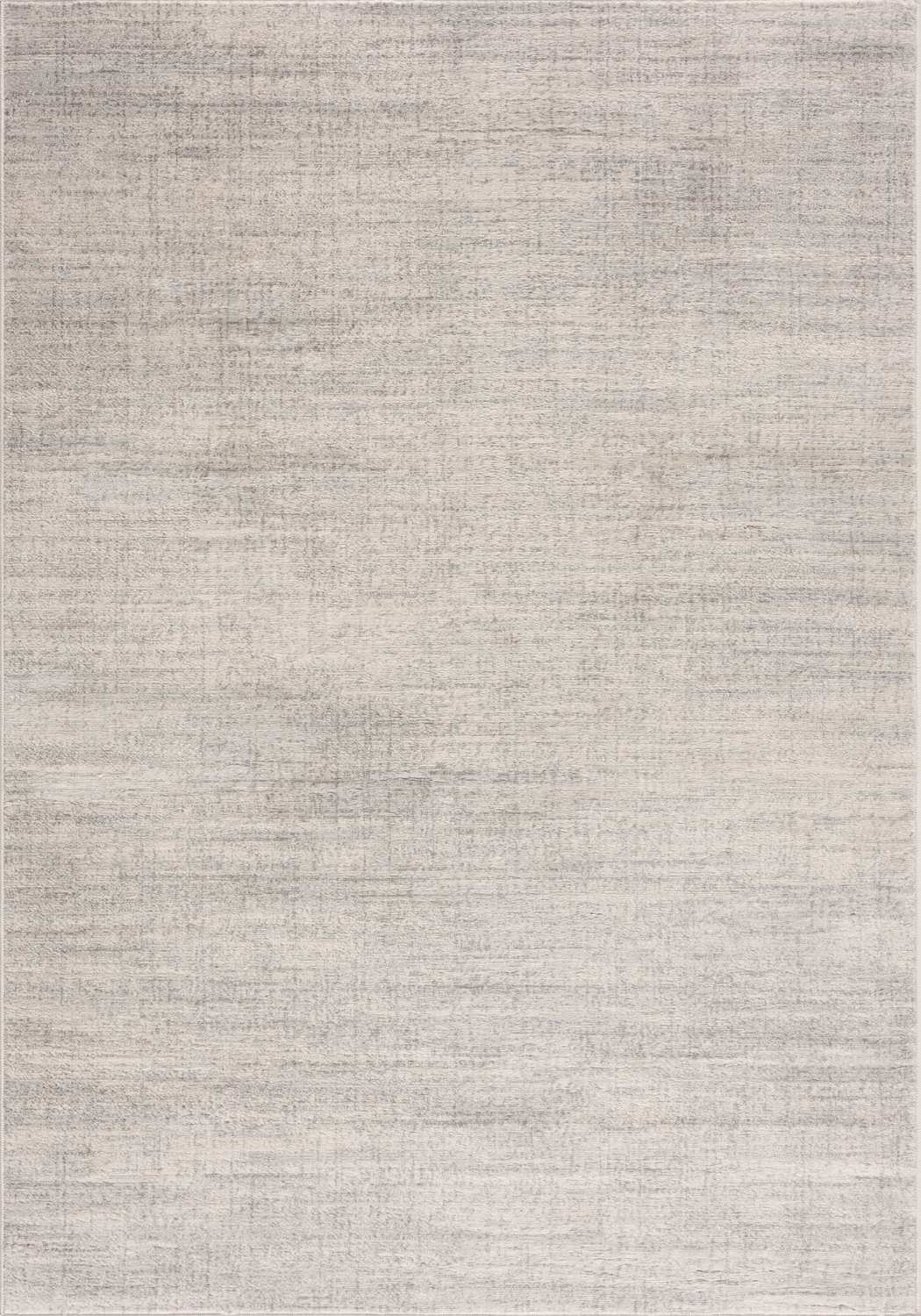
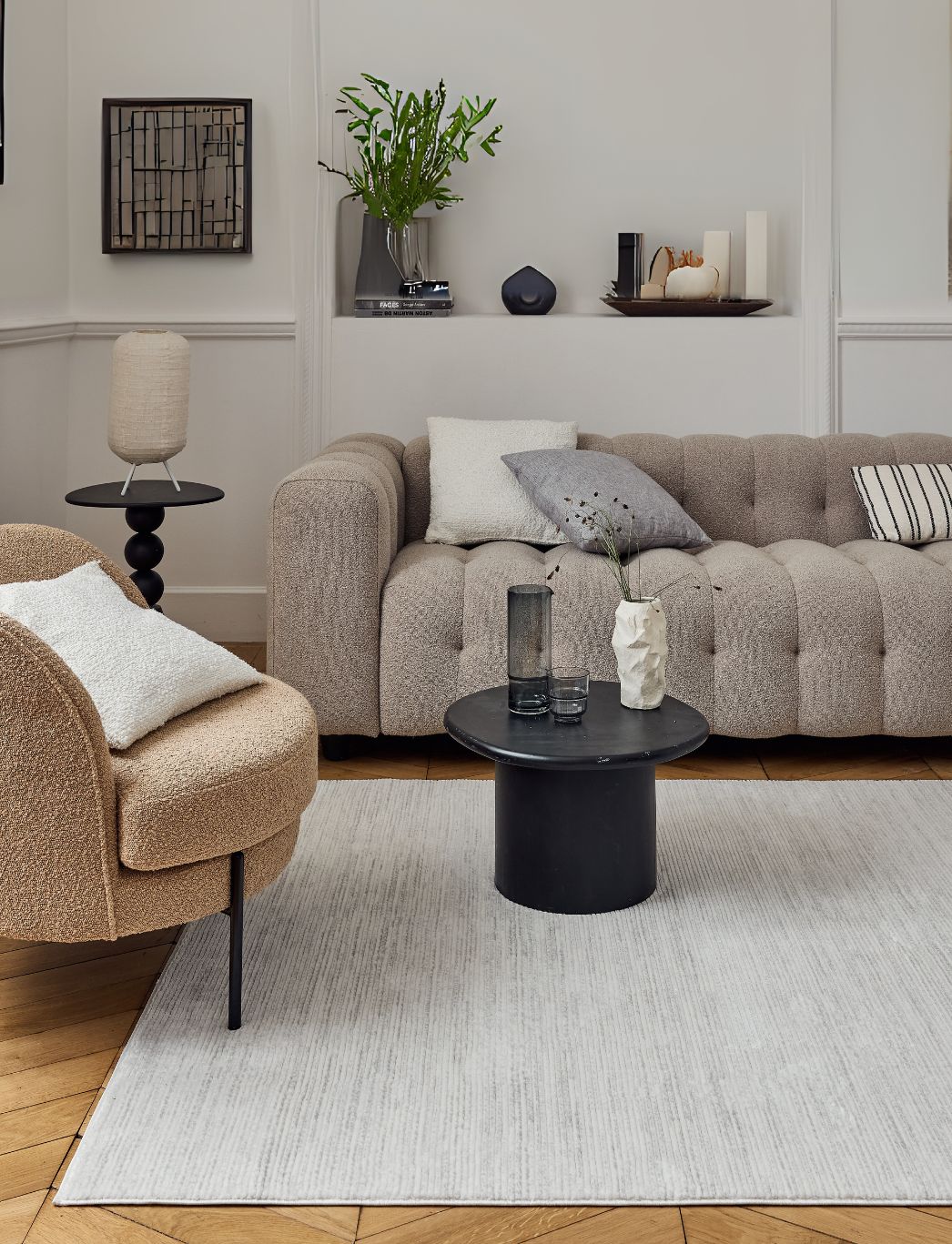

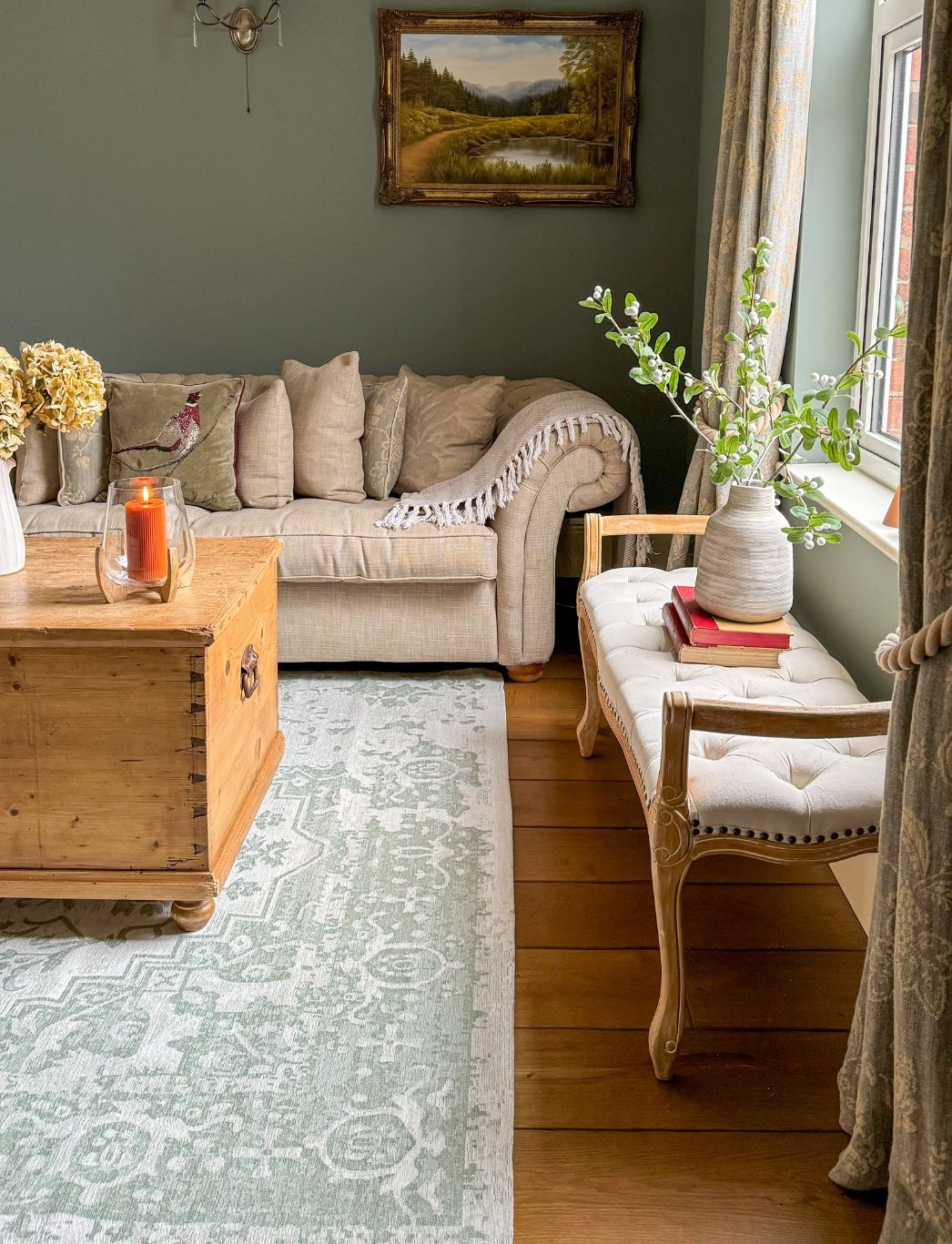
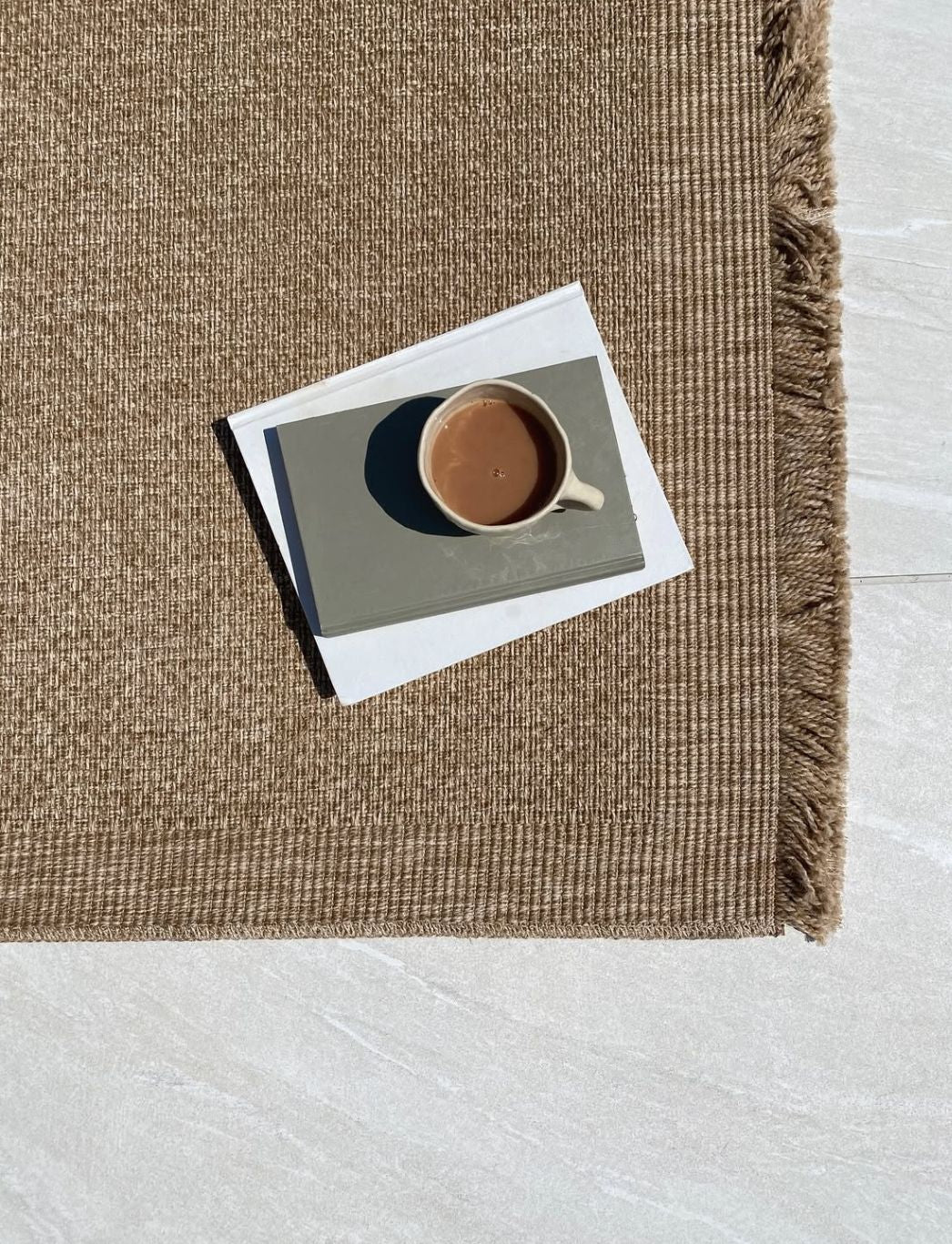
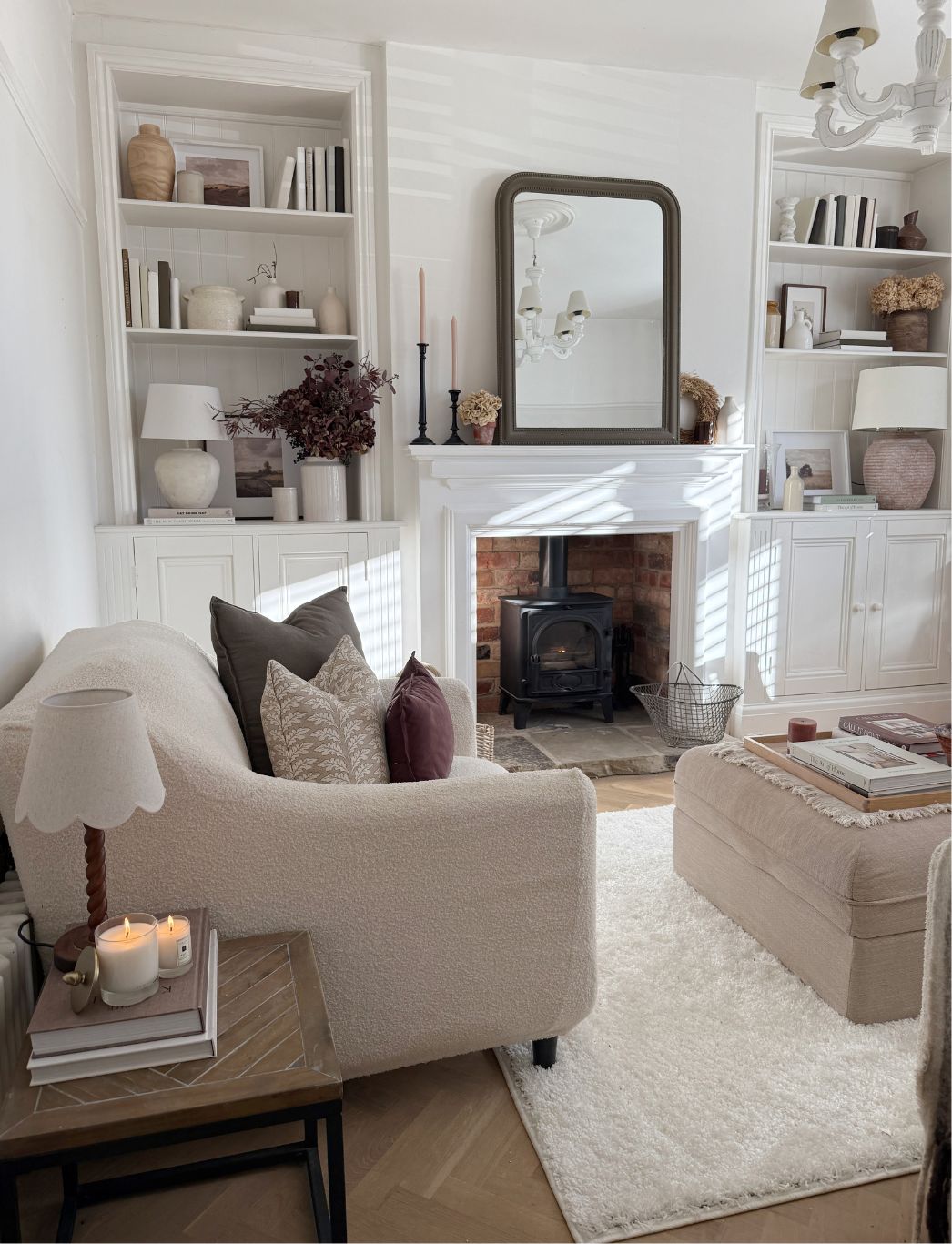
Leave a comment